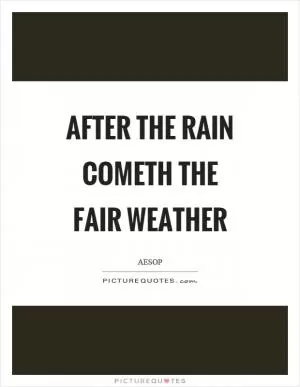Fine clothes may disguise, but foolish words will disclose a fool

Fine clothes may disguise, but foolish words will disclose a fool
In the world of Aesop's fables, appearances can often be deceiving. One of the most famous lessons taught by Aesop is that "fine clothes may disguise, but foolish words will disclose a fool." This timeless wisdom serves as a reminder that true character is revealed not by outward appearances, but by one's actions and words.In many of Aesop's fables, characters are often judged based on their actions rather than their appearance. For example, in the fable of "The Wolf in Sheep's Clothing," a wolf disguises himself as a sheep in order to deceive the shepherd and his flock. However, his true nature is eventually revealed when he cannot resist his predatory instincts and attacks the sheep. This fable teaches us that no matter how convincing a disguise may be, true character will always shine through in the end.
Similarly, in the fable of "The Fox and the Grapes," a fox tries to reach a bunch of grapes hanging high on a vine. When he is unable to reach them, he dismisses the grapes as sour and walks away. This fable illustrates how foolish words can betray one's true intentions and desires. The fox's words reveal his jealousy and inability to accept defeat gracefully, exposing him as a fool.












 Friendship Quotes
Friendship Quotes Love Quotes
Love Quotes Life Quotes
Life Quotes Funny Quotes
Funny Quotes Motivational Quotes
Motivational Quotes Inspirational Quotes
Inspirational Quotes